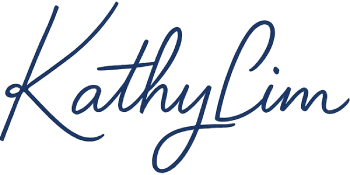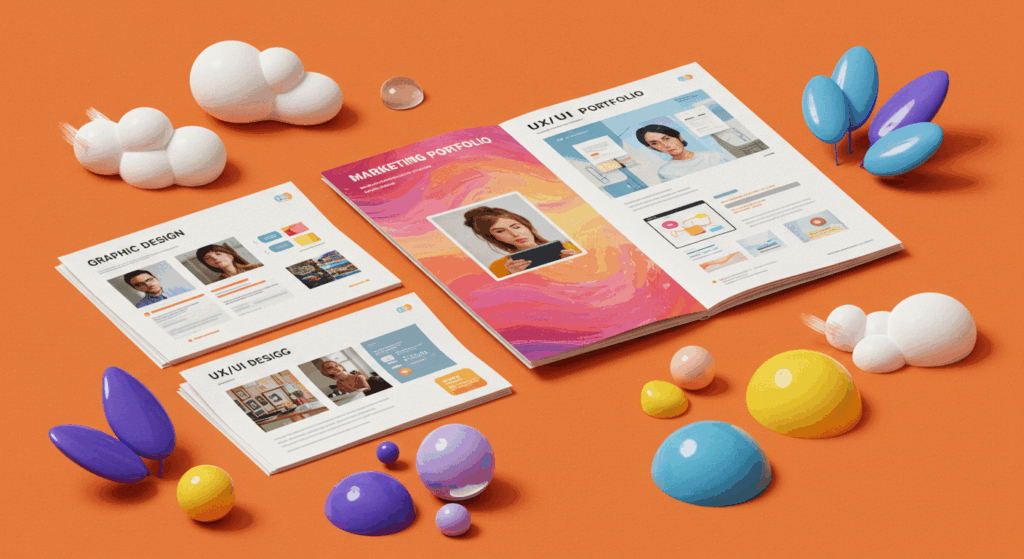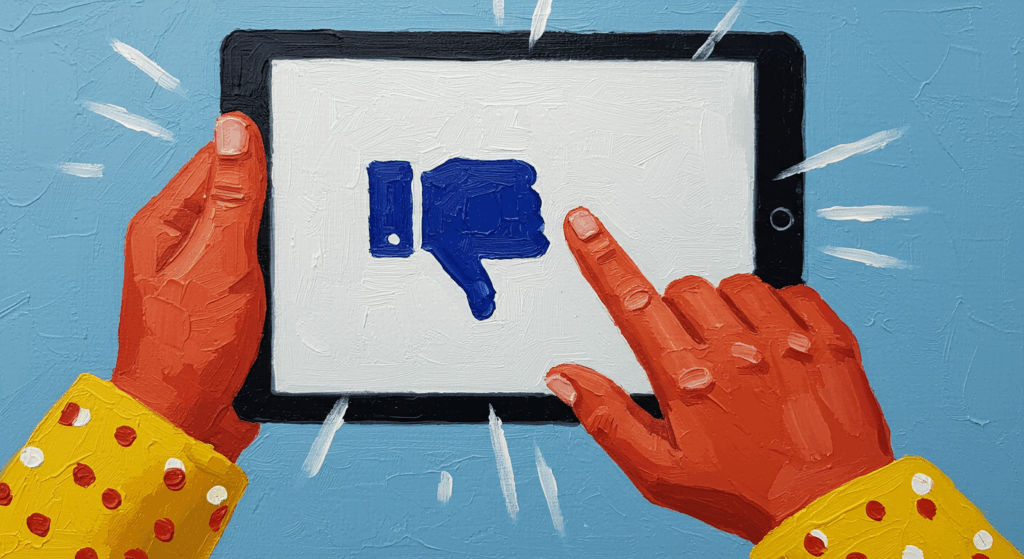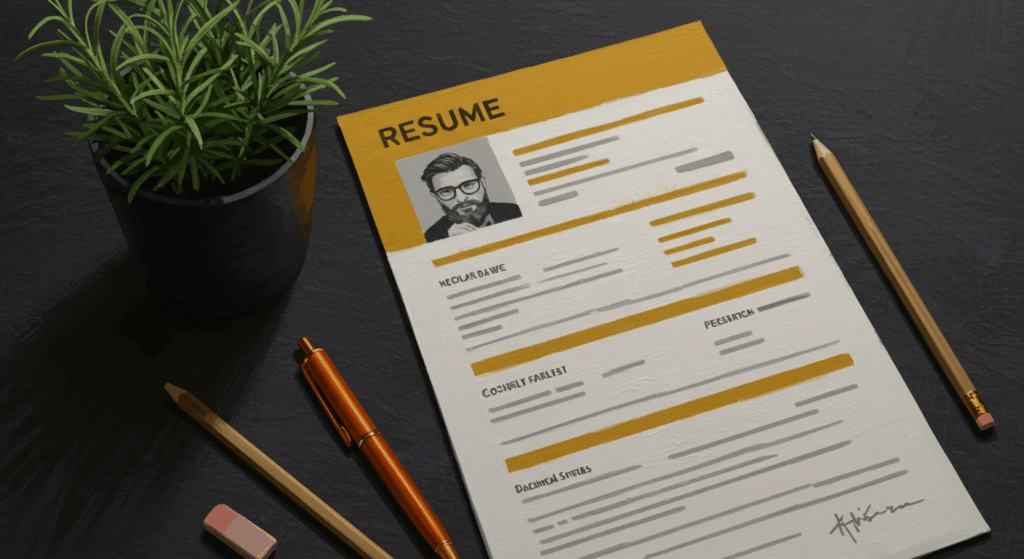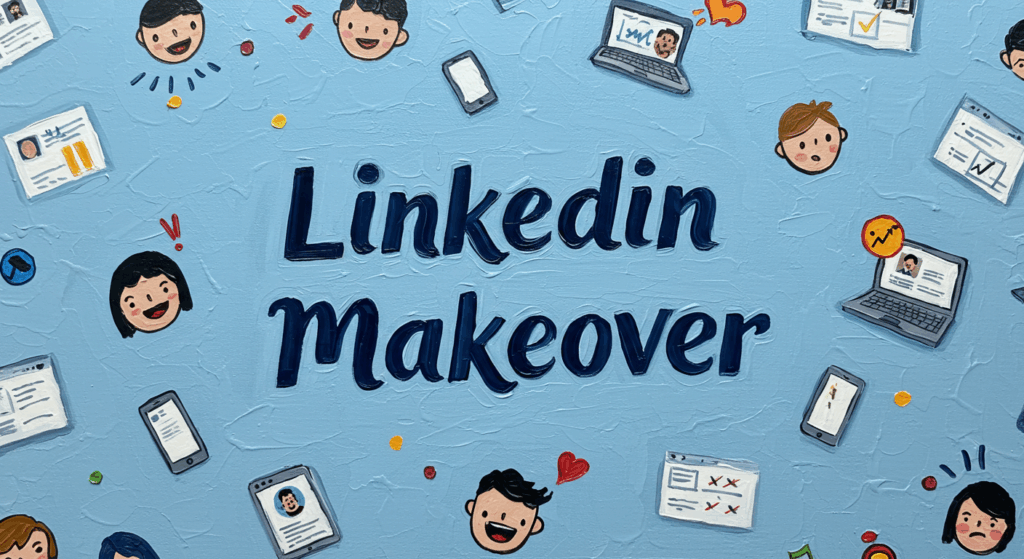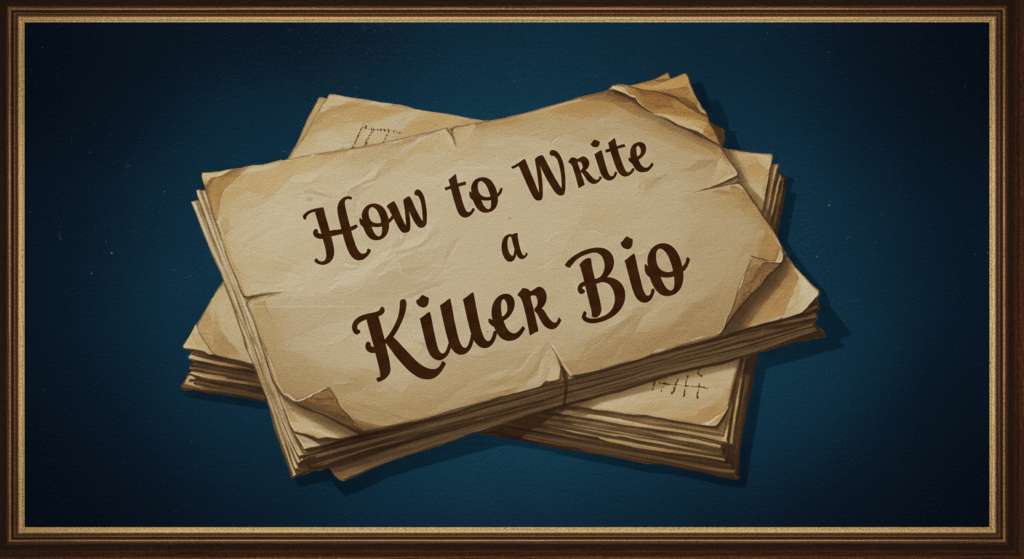We’ve all been told, over and over, that to get ahead in our careers, you need to “network,” “polish your resume,” “level up your LinkedIn,” blah blah blah. And while, sure, those things aren’t useless, they’re not the secret sauce that actually makes people remember you. The real cheat code? Storytelling. Yup, not just for bedtime or Netflix dramas, but for your actual career growth.
Sounds a little dramatic, right? But think about it—what’s more memorable: a list of bullet points that says “managed social media accounts” or a story about how you grew your friend’s side hustle TikTok page into a six-figure business using trends, memes, and, like, vibes? Exactly.
Let’s dive into how storytelling can low-key change the trajectory of your career, and why weaving your life and work experiences into compelling narratives might just be the career glow-up you didn’t know you needed.
Why Stories Stick (And Facts Don’t)
Humans are basically hardwired for stories. Before Google, before textbooks, before even writing… we had stories. Around campfires, through cave paintings, passed down by that one grandma who somehow remembers everything from 40 years ago.
When someone shares a story, it activates parts of your brain that facts alone don’t. Instead of just processing info, you’re actually experiencing it. It’s like the difference between reading a Wikipedia summary of Stranger Things versus binge-watching the whole season. One is just data; the other hits you in the feels.
And let’s be honest—recruiters, bosses, and clients? They’ve seen a million resumes. But when you tell a story about solving a chaotic last-minute crisis before a product launch, or how you failed at first but figured it out, that sticks. It makes you memorable.
Personal Branding 101: Storytelling as Your Superpower
You’ve probably heard people throw around the phrase “personal brand.” It sounds a little cringey at first, like you’re a walking ad campaign, but ngl, it matters. And if you’re diving into Personal Branding 101, storytelling is literally the backbone.
Your personal brand isn’t just about what you do. It’s about how people feel when they think about you. And stories create feelings.
Imagine you’re pitching yourself for a new role. Instead of saying, “I’m adaptable,” you tell a story about how your boss quit mid-project and you had to figure out how to lead the team, navigate client meltdowns, and still deliver on time. Boom—now you’re not just adaptable, you’re a hero in their head.
That’s Personal Branding 101: take your experiences, package them into relatable, human stories, and suddenly people see you as more than just a LinkedIn headline.
Storytelling in Job Interviews
Let’s talk about the anxiety-inducing battlefield that is the job interview. You’ve got sweaty palms, the “tell me about yourself” question looming, and the urge to just recite your resume like a robot. Don’t.
Instead, use stories. When they ask about strengths, give them a short narrative. When they ask about challenges, tell them about that time everything went wrong, how you scrambled, and what you learned.
Example: Instead of saying, “I’m good at problem-solving,” you go with, “So, one time our entire marketing campaign crashed two days before launch. I stayed up (with way too much Red Bull) reworking everything and pulled the team together. Not only did we launch, but the campaign ended up outperforming the last one by 30%. That moment taught me how to stay calm under chaos and also how much coffee is too much.”
See? Way more engaging. Also kinda shows personality without trying too hard.
Using Storytelling for Networking (Without Feeling Fake)
Networking gets a bad rap. It feels like everyone’s pretending to care about each other’s business cards. But storytelling? That makes networking feel human.
Instead of just saying, “I work in finance,” you tell the story of how you accidentally fell into finance after trying to be a musician, but realized spreadsheets kinda hit the same as music beats (pattern recognition, flow, rhythm). Suddenly, the person you’re talking to remembers you.
Stories turn awkward small talk into connection. And people don’t recommend you for opportunities because you said, “I’m detail-oriented.” They do it because you shared a story that made them feel something, laugh, or see you as unique.
The Social Media Flex: Stories That Travel
Let’s not pretend—our careers don’t just live in offices anymore. They live online. LinkedIn, TikTok, Instagram, even Twitter (or, ugh, “X”)… these platforms are giant stages for storytelling.
If you’re sharing posts about your work journey, frame them as stories. Instead of “I got promoted,” try telling the mini-story of the struggles that led up to that moment, the lessons you learned, and the gratitude you feel. That’s the stuff that goes viral, not the flex-y humblebrag one-liners.
And if you’re trying to grow an audience (hello, freelancers, creators, and side hustlers), stories are your brand fuel. They’re what makes strangers decide to follow you, hire you, or even DM you opportunities.
Overcoming the “But I Don’t Have a Story” Excuse
I hear you. Maybe you’re thinking, “But I’m just normal. Nothing interesting has happened to me.” Bruh. Everyone has stories.
Stories don’t have to be life-or-death Hollywood dramas. They can be everyday stuff with a twist. Like how you figured out a faster way to do a task, or how you accidentally broke something at work but turned it into a win.
The trick? Look for moments where you learned, failed, adapted, or made someone’s life easier. That’s gold. Doesn’t matter if it’s a small scale—it still shows character.
Frameworks That Help (Without Making You Sound Scripted)
Okay, for my overthinkers out there who need structure, here’s a quick hack: the STAR method. Situation, Task, Action, Result.
- Situation: What was happening?
- Task: What was your role or goal?
- Action: What did you do?
- Result: What happened because of it?
It sounds kinda corporate, but honestly, it works like magic when you’re telling stories in interviews, networking, or even writing LinkedIn posts. Keeps you from rambling too much (because we all know one person who tells a “short” story that lasts 20 minutes).
Storytelling Beyond Work: Why It Makes You Stand Out as a Human
Here’s the thing—your career isn’t just about work. Employers, colleagues, and clients wanna know who you are outside of the job. Stories about your passions, side hustles, or even hobbies can shape how people see you.
Like, if you share how running marathons taught you discipline, or how gaming late nights with friends actually improved your teamwork skills (no shame in the Valorant grind), people connect the dots. Suddenly, you’re not just “Jane in Accounting.” You’re Jane, the disciplined runner who brings that same energy to every project.
That’s the real win—storytelling doesn’t just grow your career, it makes people see the full picture of who you are.
Telling Your Career Story Online
Let’s circle back to Personal Branding 101 one more time, because honestly, this is where most people mess up. A lot of us throw random achievements on LinkedIn, hoping it sticks. But your profile is a chance to tell your career story, not just list jobs.
Write your “About” section like a mini-narrative: where you started, what challenges shaped you, what you’ve learned, and where you’re going. Think less “resume robot” and more “your Netflix bio.”
Same goes for portfolio sites, cover letters, or even casual conversations. Whenever you can, turn static facts into living stories. That’s how people remember you—and remembering is half the battle in career growth.
The Takeaway: Your Stories Are Your Currency
At the end of the day, your career growth isn’t just about grinding harder, getting another certification, or updating your resume font (though, seriously, please stop using Times New Roman). It’s about connection. And connection happens through stories.
Your stories are how people understand what you’ve been through, what you bring to the table, and why they should bet on you. They’re your career currency.
So, next time you’re prepping for an interview, updating your LinkedIn, or even chatting with someone at a random coffee shop—remember to pull out a story, not just a fact.
Because the truth? Facts tell. Stories sell.
Final Friendly Push
So, friend, here’s your mini homework: pick one story from your work or life that taught you something valuable. Practice telling it out loud, casually, like you’d tell a buddy at brunch. Then, sprinkle that story into your next interview, networking event, or social media post.
You don’t need to be a novelist. You just need to be authentic, human, and a little brave. Your stories can take you further than you think.
Now go on—tell your story. The world’s waiting.


